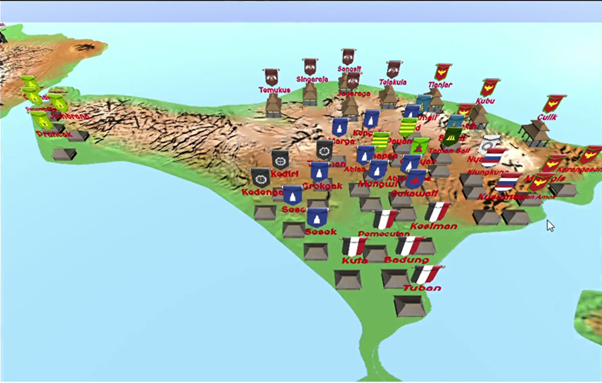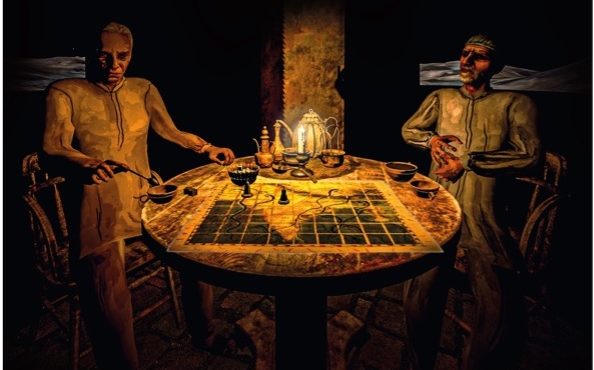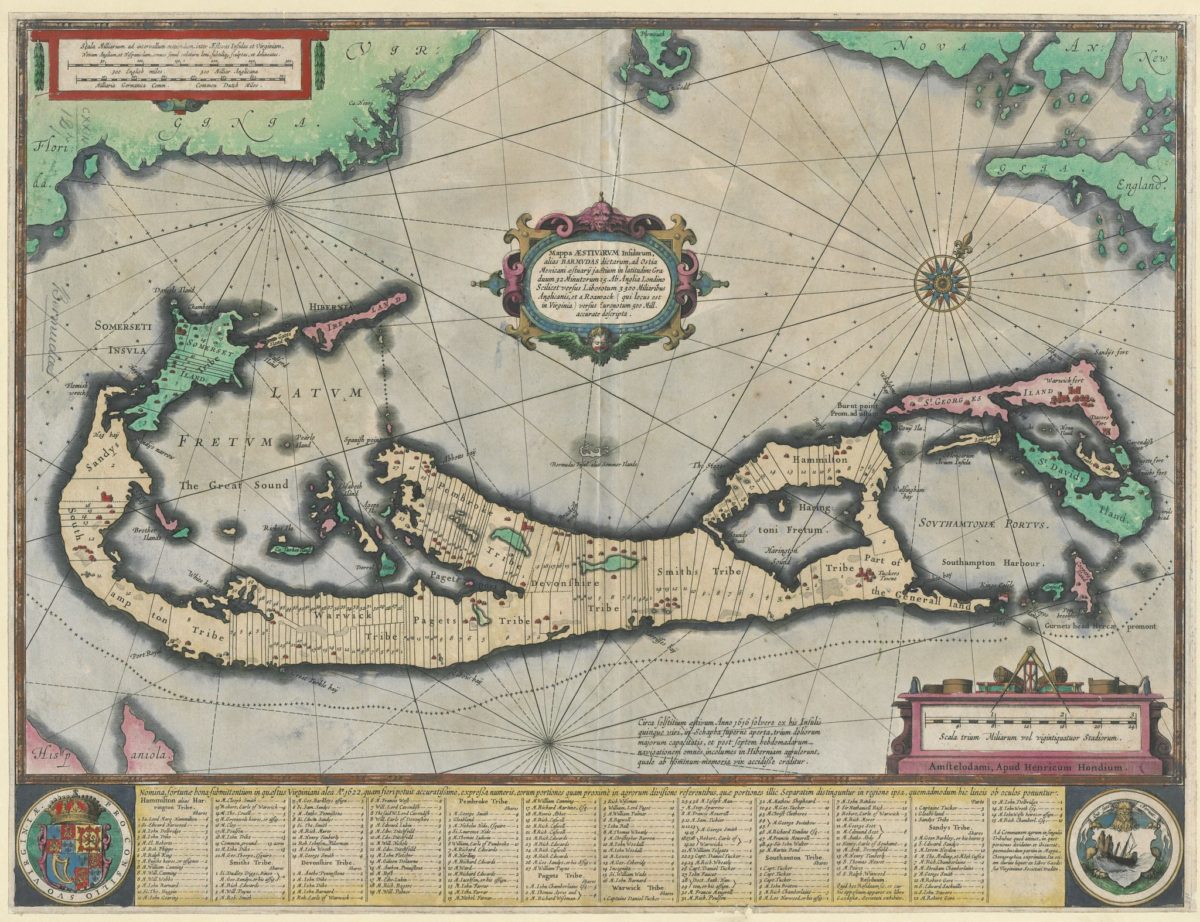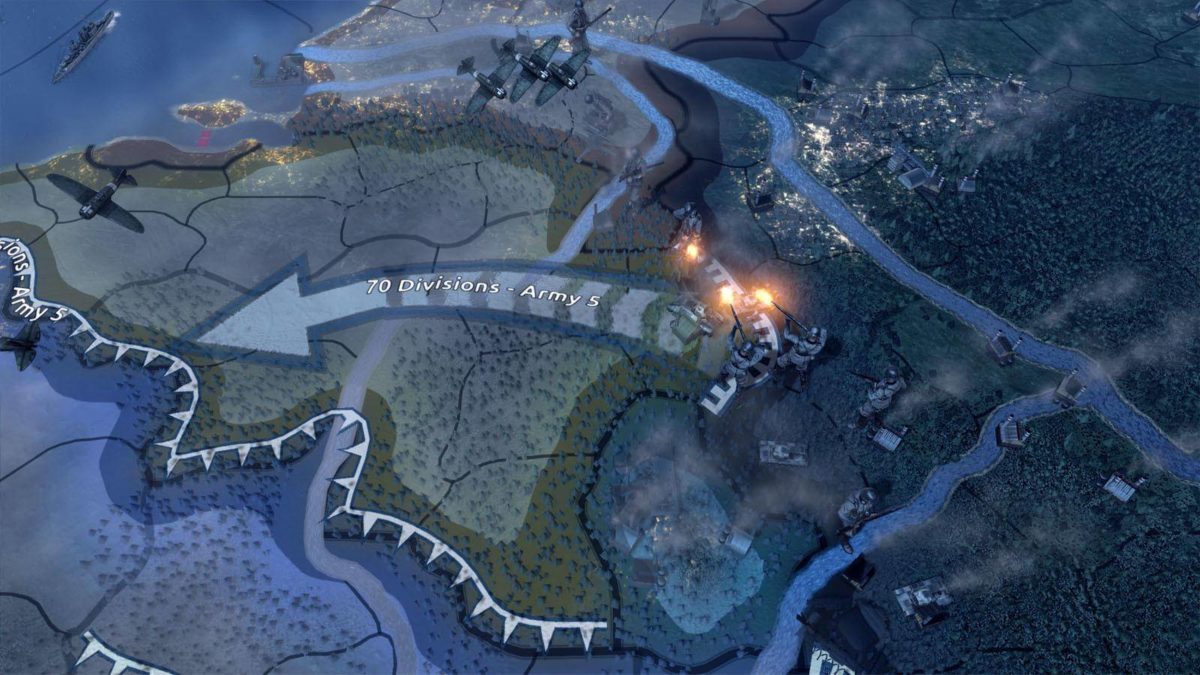Single player games present a difficult barrier in carrying out recognisable anti/decolonial gameplays, considering that those games are meant to be played alone. The reason for this solitude is also at the core of the debates around perceptions and representations of who the player is and who the games are aimed at. If I am […]








